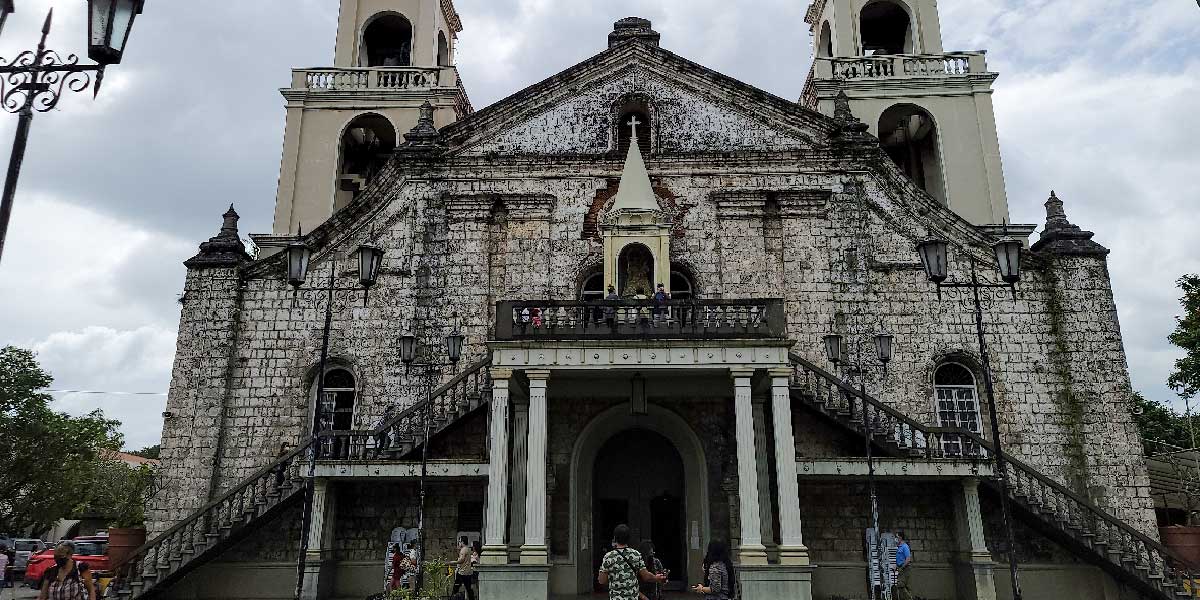
By: Francis Allan L. Angelo
The National Police Commission (Napolcom) in Western Visayas suggested a review of the criminology curriculum of schools that offer the course to further improve the behavior and orientation of police officers.
In a interview with Daily Guardian on Air over Aksyon Radyo-Iloilo on Jan 4, 2019, Napolcom-6 regional director Joseph Celis said he noticed that more than half of PNP recruits in the region are products of criminology schools.
And based on Napolcom records, most police officers facing administrative cases for various offenses are neophyte or entry-level officers.
Celis noted that PNP recruits and even those already in the service regard policing as a mere career or a way out of poverty instead of being a passion to serve and protect the people.
“Some apply with PNP because they don’t have other options – they cannot do business, they cannot become nurses, lawyers, or doctors. So they end up saying ‘ma-pulis na lang ako’ (I will become a policeman only). If that is the mentality, what will be the quality of our police officers then,” Celis said.
Citing his experience as a member of the recruitment board of the Police Regional Office (PRO)-6 based in Camp Delgado, Iloilo City, Celis said it is important that applicants from criminology schools have the basic knowledge and understanding of basic police work.
“How do they teach the various legal and operational frameworks of police works? What about developing the character of future law enforcers? These are things that must be addressed in schools,” he added.
He anchored his observations to criminal cases filed by the police that were dismissed due to legalities like handling of evidence.
“The chain of custody of the evidence is very important. If the court sees something amiss with the way the police handled the evidence, it will bring doubt to the case and will even result in dismissal. Procedures like evidence handling must be observed strictly to secure an airtight case. If the police mishandle things, there will be miscarriage of justice.”
Celis said the 6-months training of PNP recruits in Bacolod City is not enough to hone well-meaning and dedicated officers.
“There are also good officers I have met but many of them are in the service for the sake of survival, not for the nobility of it.”
Celis said he is open to discussing criminology curriculum with the Commission on Higher Education, which has jurisdiction over colleges and universities, and with other stakeholders to find ways to further improve their programs.
“We can then make recommendations to our central office which will coordinate with concerned agencies. It is important that we train dedicated and passionate police officers, not just mere careerists,” he added.



















